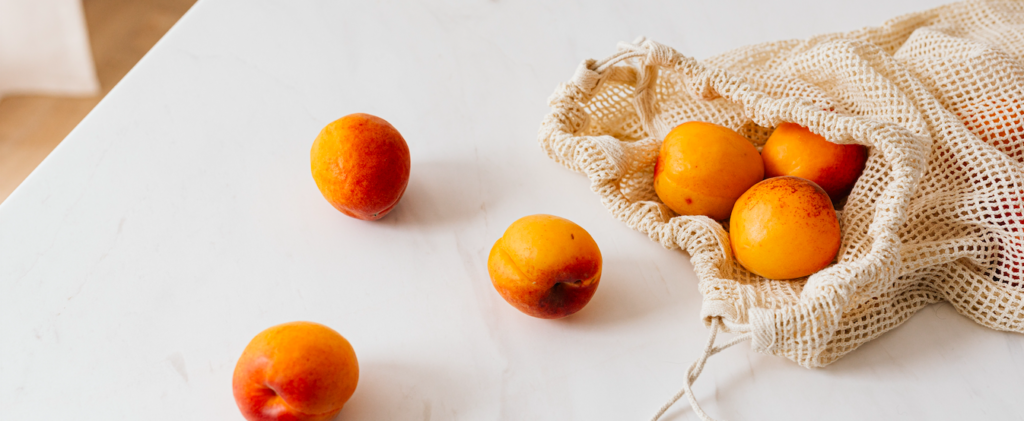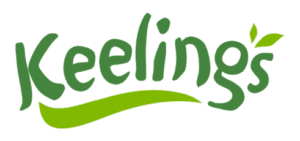
Well-known names in the food trade just as Aldi, Lidl and Edeka have signed a declaration to reduce food waste. But what exactly does this mean for the suppliers of these chains and how far can the trend of environmental friendliness go for producers, manufacturer and retailers? Keelings Knowledge has taken a closer look at this issue.
According to estimates by the Thünen institute, around half of food waste can be avoided. One idea to extend the durability of fresh products and therefore reduce food waste in households is to invest time and money in packaging innovations. Time and money that companies do not have in the present situation. Additionally, the consumption trend of environmental friendliness is currently more in the direction of less plastic than less waste. Waste is and remains waste – out of sight, out of mind. Even so, it remains a problem. The problem with packaging is not just plastic, but the extra waste that has to be disposed of. Around 5.2 million tons of plastic waste are from households and businesses in 2019. Around 60% of this is reused, or to put it simply: incinerated. Although it can be used to produce energy in waste incineration plants, it also releases many toxins and carbon dioxide. This unique form of recycling is therefore not quite as environmentally friendly as we think.
A growing trend is unpacked. There are more and more unpackaged goods in retail and shops, completely without plastic and packaging are appearing more and more on the map. The customer feels environmentally conscious and has bought the exact amount of fresh produce that is needed. So, there is also less food and plastic waste. Sounds great for the consumer and the environment. But not for the purse of the producer and trader. Packaging often means that the consumer is forced to buy more goods and therefore pays more. The leftover goods and packaging often end up in the garbage, despite the potentially longer durability.
With this in mind would it be better to go back to cardboard or paper. Paper production meanwhile uses over 76% recovered paper (Federal Environment Agency, 2018) and is due to new technologies more energy efficient and environmentally friendly than ever before. Unfortunately, there is also a downside to the use of recovered paper, especially for the fruits and vegetable industry. More and more unwanted pollutants get into the paper, which can make it risky to use it in fresh produce. These are chemicals from printing inks and adhesive residues, which can only be removed very difficult in production.
More and more fruits and vegetables with “blemishes” are now being accepted by retailers and customers as well. An advantage for retailers and a great reduction in waste. Unfortunately, inedible goods such as rotten or unripe fruits or vegetables are still a problem for retailers and alternatives have to be found. What to do with the garbage? Many producers have the advantage that waste can be brought back into the field. This not only reduces the use of potentially environmentally harmful fertilizers, but also lets opponents of genetic engineering breathe a sigh of relief. Large composting plants, the local farmer or biogas plants are happy to help here.
A true vicious circle for end users as well as retailers. We don’t like leaving these tough decisions to you, but we can give you some hours of peaceful sleep back by supporting you with our packaging and waste management. Our extensive production module and efficient warehouse management in Keelings Business Solution (KBS) software manages sustainable purchasing with less waste. In addition, a registration of all packaging materials is offered and the packaging tax can be included as a component in our cost calculation module. Keelings Knowledge ERP-software relies on a complete solution specialized in fresh produce industry.






